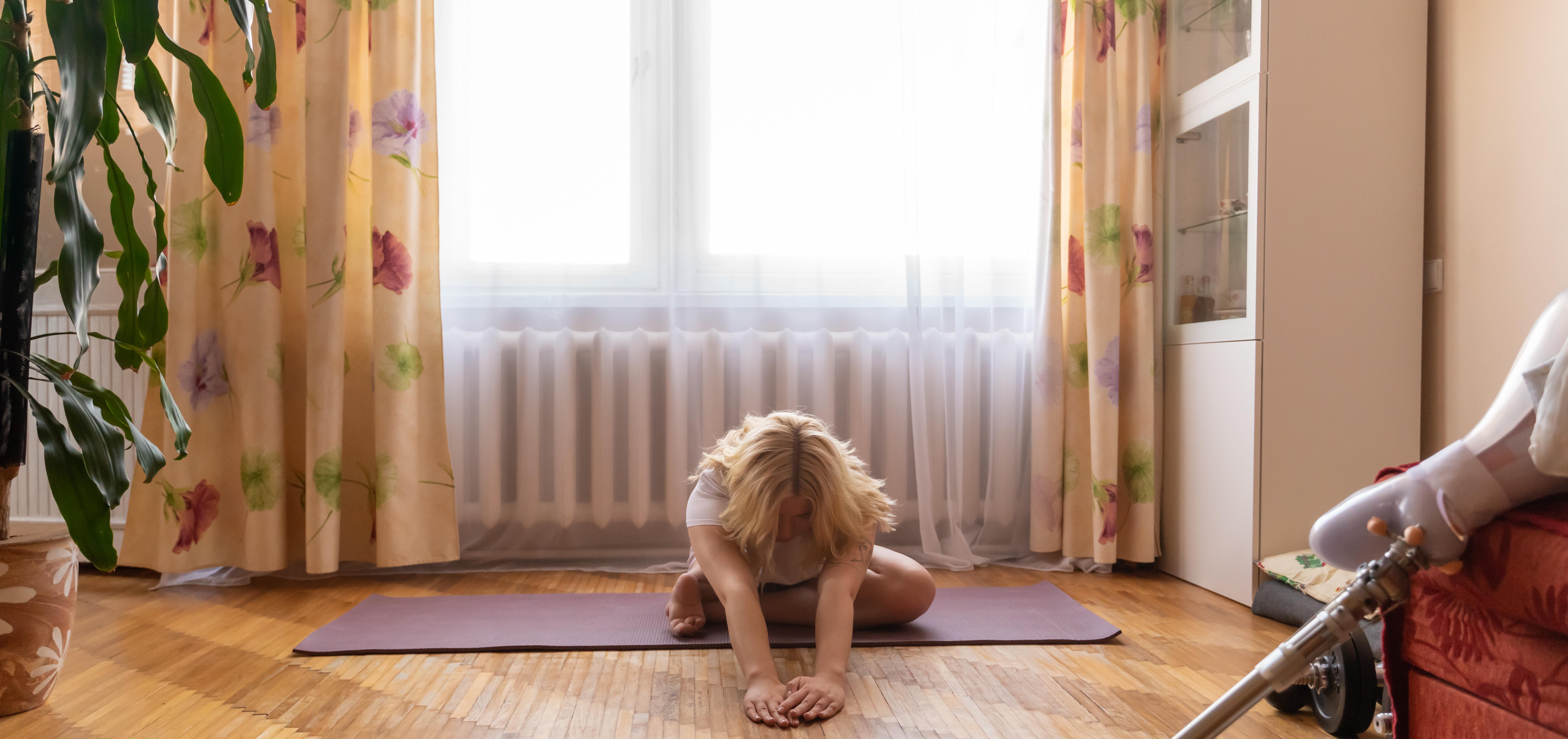6 Simple Steps to Feeling More Energized in the Morning
Reviewed by Susan Ko, Ph.D. and Jared Minkel, Ph.D.
In an ideal world, you'd wake up each morning with enough energy to power you through work, school, or whatever adventure awaits. But the reality is that some days, it can be hard not to hit the snooze button. And sometimes, it can be challenging to pull yourself out of bed on positivity and sheer will alone, especially if you’re among the 35% of Americans who report sleeping less than seven hours each night.
To make up for that low-energy start, you may find yourself reaching for (and refilling) your coffee mug more times than you can count. Rest assured, there are other simple steps you can take to fight off that morning sleep inertia—that grogginess you experience for the first 20 minutes or so after waking up—and stave off those morning cobwebs.
Get Active
"Physical activity tells the body that the sleep phase is over and often helps people feel much more awake," explains Lynelle Schneeberg, Psy.D., a sleep specialist in Farmington, Connecticut, and the author of Become Your Child's Sleep Coach.
The activity doesn't have to be strenuous—stretching, yoga, walking, or taking the dog for a stroll can all be helpful.
And after you've gotten to work, don't forget to take frequent breaks to get up from your desk and get moving. Prolonged sitting in the morning or afternoon can make you feel sluggish. Research suggests that even a few minutes of light-intensity walking can be invigorating.
Turn On Some Tunes
Don't overlook the benefits of an impromptu dance break. Grooving to a little Beyoncé while making the bed or bopping to BTS while getting dressed (or really, anytime) can give you a lift.
Plus, research suggests that starting off the day with some upbeat music can help with alertness (not to mention it’s a sure way to start things off on a positive note!).
Soak Up Some Sun
Light exposure is just one of the many factors that influence your circadian rhythm, the internal body clock that regulates your sleep-wake cycle. Getting bright light early in the day helps to regulate that system and will also allow you to feel more alert in the A.M.
“Sunlight exposure for just five to 30 minutes outdoors after rising is extremely helpful,” Schneeberg says. "The sun is a free, healthy, and powerful stimulant."
To fight off morning drowsiness, try having your breakfast, sipping your tea, or reading the news on the deck or in front of a sunny window. Just a few minutes of sun time can help you maximize morning alertness and start the day fresh.
Stick to a Regular Wake Time
If you have an unpredictable schedule or have a habit of sacrificing sleep for leisure activities, causing you to go to bed later and sleep in later, too, you may not realize just how much an inconsistent wake time negatively affects your circadian rhythm. What’s more, it may also lead to higher risk of high cholesterol, hypertension, and other metabolic issues.
“Anchoring your wake time and keeping it consistent—yes, even on weekends and holidays—prevents the body from doing significant physiological rerouting and detouring, which can feel fatiguing, says Christina Pierpaoli Parker, Ph.D., director of the Integrated Behavioral Medicine Service Clinic at the University of Alabama at Birmingham. “A consistent wake time has strong associations with increased energy, improved mood, cognition, and even cardiometabolic health.”
Eat Something
If you tend to skip breakfast, consider this: Feeling more awake can be as simple as having a bite to eat. As it turns out, eating sends a message to the brain that it’s time to rise and shine.
“The stomach has a clock, like all other organs, and when a person has a bite to eat, the ‘stomach clock’ tells the brain that it's time to wake up,” Schneeberg says.
And While You’re at It, Drink Something, Too
Dehydration is known to cause feelings of fatigue and weakness. And regardless of whether you sip on something consistently during the day or could make a better habit of reaching for your water bottle, most of us get dehydrated while we’re sleeping at night.
Counter the effects of dehydration by drinking a glass of water soon after waking. Have it alongside your breakfast or challenge yourself to get some H2O before reaching for your coffee.
If you believe you could have a sleep disorder, consider consulting a sleep specialist for treatment. If you need help finding a provider in your area, you can find one here.
You May Also Like:
Want to Read More?
Access all of Twill Care’s content, community, and experts for free!
Already a member? Login
Want to Read More?
Access all of Twill Care’s content, community, and experts for free!
sign UP For FreeAlready a member? Login


